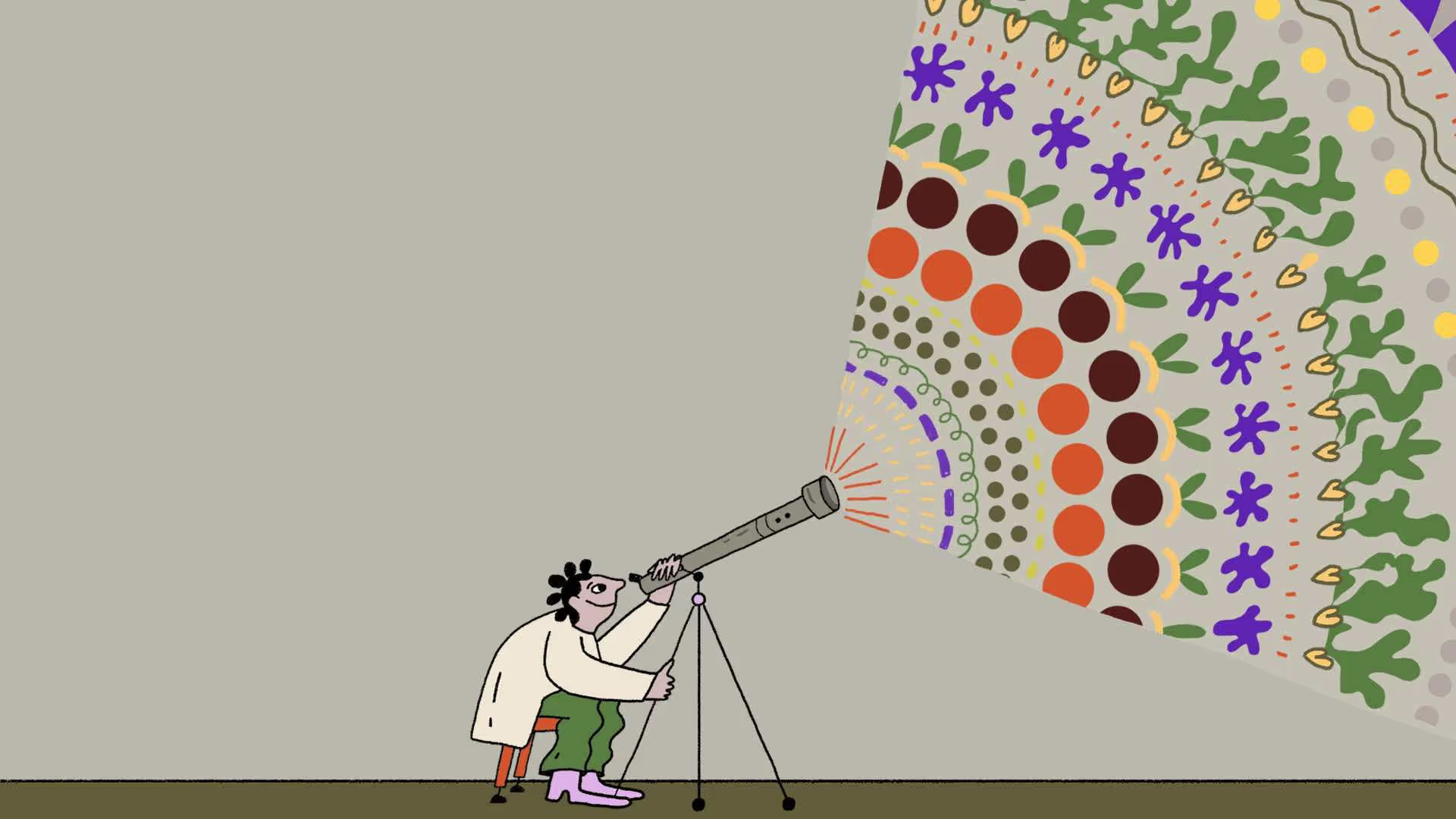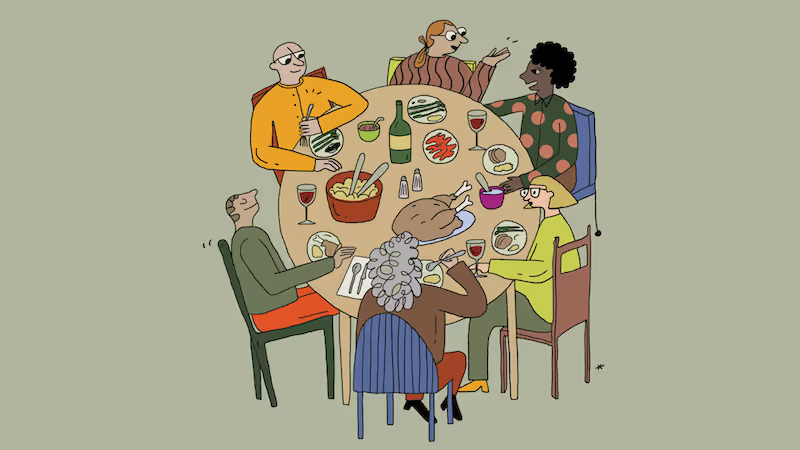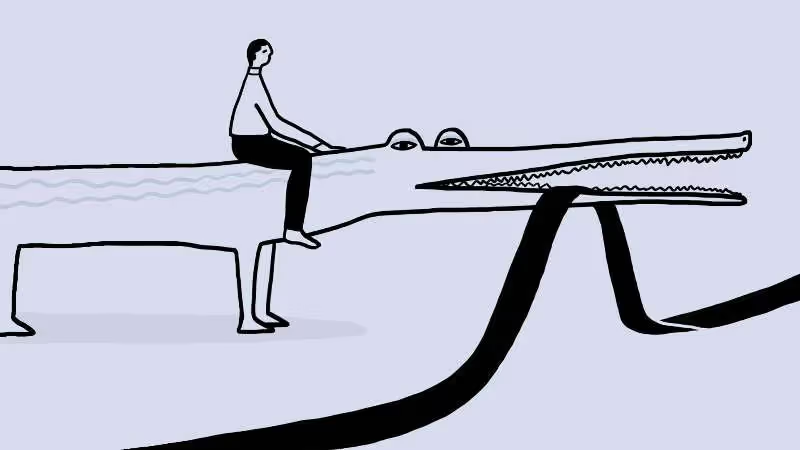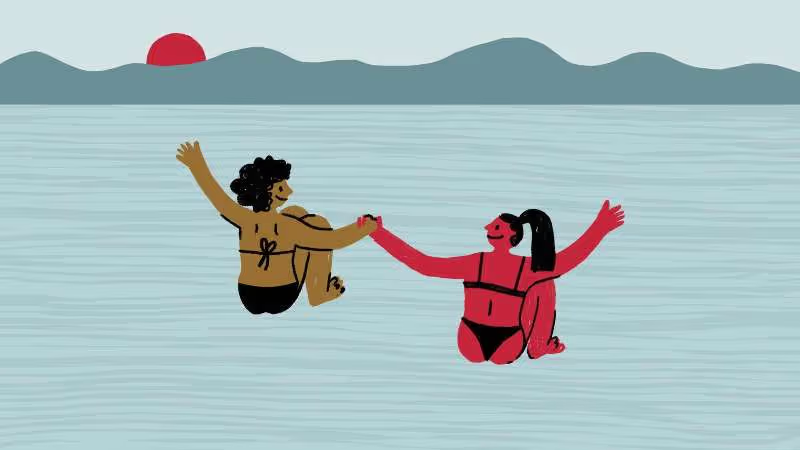Shall We Begin?
The modern definition of the word “hope” is synonymous with “wish” or “want.” The ancient definition is closer to “trust.” Consult scripture and you’ll find “hope” as part of “faith.” It’s the aspect of faith focused specifically on the future. Hope is the prayer that things will change, that our loved ones will be healthy, that this year will be better than the last, that we will finally be happy.
Contemplating hope is my annual ritual at the end of each year. Resolutions don’t do much for me, but hope does. Hope is a balm for those of us who regularly experience anxiety. It counters negative anticipation, instantly making us feel a bit better. The only problem with hope, as I see it, is that it can be flimsy. For an anxious person, catastrophic thinking is more reliable (and at least comes with a pleasant surprise when we’re wrong). If you’re like me, you know that “wishing” and “wanting” are often immediately followed by a deeper layer of fear: what if what I wish for doesn’t come true?
What are us anxious mortals to do? Perhaps we can try tapping into those older definitions of hope—putting wishing and wanting aside to instead cultivate trust and faith. I like this shift, in part, because trust is a very important subject in my work and faith comes up a lot in my personal life. People ask me all the time: “how do you build trust after betrayal, when hope has made a fool of you?” For these people, hope has become dangerous. It can feel much safer to keep a negative outlook, to wrap ourselves in it like protective armor. If I anticipate what will go wrong, I’ll see it coming. If I see it coming, I won’t get hurt.
Closing ourselves off to the possibility that things will get better doesn’t protect us from getting hurt. Unfortunately, it only ensures that nothing will change. This doesn’t only apply to our relationships, but to our world view. It’s been a tough few years. I know I’m not the only one questioning what good hope is when war rages on, when Iranian protestors are murdered, when extreme weather is now the norm. For these reasons, I’ve been studying hope in the context of broader challenges as well as hope's overall connection to our mental wellbeing.
Psychotherapist and stress researcher, Elissa Epel, takes “the long view of hope,” a balanced view of cultivating daily joy, social connection, and purpose, while maintaining the dialectic of accepting and acknowledging the loss, pain, and disappointments of the world in which we’re living. Primatologist Jane Goodall has said hope is a survival skill that “enables us to keep going in the face of adversity.” Psychotherapist and grief expert Julia Samuel has said “hope is a feeling, but it’s also a plan.” The Austrian psychiatrist and Holocaust survivor, Viktor Frankl, recognized that hope is directly tied to meaning. Meaning, as I see it, is not only what keeps us going; it’s how we can help.
So how do we do it? How do we be hopeful? The rules of hope may be similar to those of happiness, as described to me recently by Gretchen Rubin. Both require action, one small step at a time, with no guarantee that we’ll get our desired outcome. Like happiness, hope is not logical, but nothing about trust and faith is logical. It doesn’t make it any less important. There is a saying in Judaism, “na’aseh v’nishma” — “we will do and then we will understand.” Lately, when I’ve been rapt with anxiety, I’ve been trying to reorient toward hope. Even if I don’t know exactly what I’m hoping for, I tell myself it’s okay to take the leap of faith and trust the landing. I’ll let you know how it goes.
Let’s Turn the Lens on You
- Do you straddle hope and hopelessness? What strategies are helpful for you?
- What has made you feel hopeful in moments of darkness, loss, or grief?
- Is there a person in your life who gives you hope? Do they know?
- What’s a song that lifts your spirit?
- What’s a quote that has inspired you?
- Do you seek out good news?
- What is your hope for the new year?
More From Esther
“My Own Chosen Family” / a recent newsletter
Co-creating a sense of belonging is one of the most satisfying aspects of having relationships. For 30 years, I’ve been doing just that with a group of friends during the holiday season.
“Promises & Resolutions” / a newsletter
There are plenty of articles that will encourage you to make new year’s resolutions. This year, I invite you to think about the promises you need to break instead. What would the new year be like if our resolutions—that mental state of activation—was informed by the promises we’re finally ready to break?
“Want to Build Trust in Your Relationship? Take Risks.” / a blog article
Issues pile up in every relationship. Even small mistakes can be corrosive when they happen again and again. It’s hard to open back up to the possibility of being hurt or disappointed again, but taking that risk is the only way to build trust in a possible alternative: that things can be better.
Conversation Starters
A compendium of highly recommended sources of inspiration and information
I’m Reading & Listening to:
- The Seven-Day Stress Prescription, a new book by Dr. Elissa Epel, out 12/29
- The Happiness Project, a book by Gretchen Rubin
- Every Family Has A Story: How we inherit love and loss, a book by Julia Samuel
- “The Difference Between Hope and Optimism” by Arthur C. Brooks (The Atlantic)
- “Are you the Same Person you Used to Be” by Joshua Rothman (The New Yorker)
- The music of Khruangbin







.svg)





